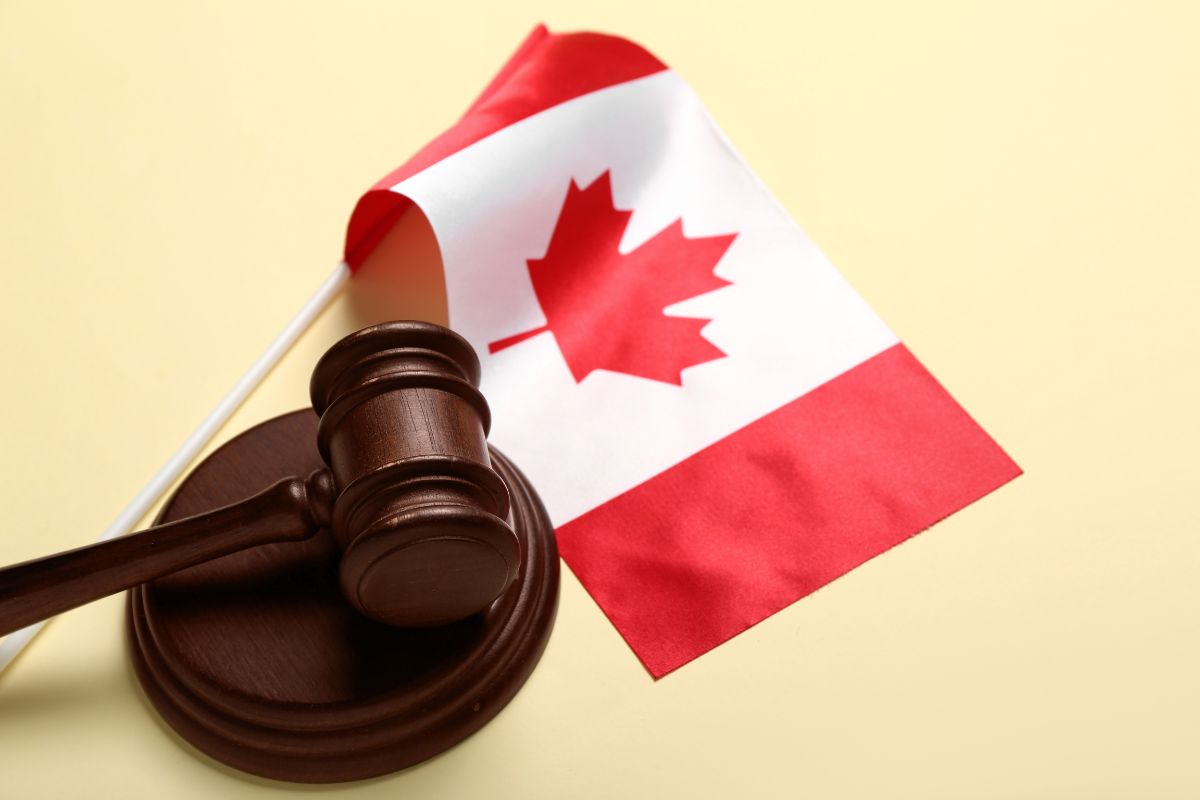You may have seen the “F*ck Trudeau” signs across Canada, either on someone’s vehicle or on someone’s home. The “F*ck Trudeau” signs and flags have had much controversy surrounding it, whether it is because of restrictive municipalities’ bylaws which restrict a person’s freedom of expression or public decency or obscenity concerns.
Section 1: Canadian Laws on Freedom of Expression
Whether it concerns public decency or restricting someone’s freedom of expression, s2 (b) of the Charter of Rights and Freedoms protects everyone’s right to freedom of expression. S2(b) of the Charter allows for broad protection of rights; there are many different ways people tend to express themselves, from the clothes they wear to the flags, signs, or stickers they hang from their property; some of these items can be considered as controversial or highly critical to some; this can include phrases similar to “F*ck Trudeau.”
Section 2: Obscenity and Hate Speech Restrictions
Under s. 173(1) of the Criminal Code, “everyone who willfully does an indecent act in a public place in the presence of one or more persons, or in any place with intent to insult or offend the person.” An indecent act could be something that is away from societal norms, promoting hate speech or offensive language. However, the ability to express your dissent towards the Prime Minister is not and should not be considered an ‘indecent act.’
When expression crosses the line into criminal territory, it would be, for example, making a defamatory claim, public mischief, or creating fake news. Someone using the term “F*ck Trudeau” to express their political frustration is not defamatory, nor is it considered public mischief if it is done on or to their property. Everyone can express themselves as long as it is confined to the law.
Section 3: Provincial and Municipal Bylaws
Municipalities have tried to ban signage in certain parts of Canada. In the city of Port Colborne, the city council told the homeowner that her signage of “F*ck Trudeau” violated their community principles. The guidelines stated, “exterior walls of a dwelling and their components shall be free of unauthorized signs, painted slogans, graffiti and similar defacements.” However, the matter was taken to court, and the court held the bylaw restricted the homeowner’s s2(b) charter right, and she was allowed to keep the signage up.
Section 4: Real-World Legal Challenges and Outcomes
As mentioned above, the “F*ck Trudeau” signs, flags, and stickers are prevalent in certain parts of the country. There have been cases where homeowners have faced legal implications due to their expressing their political views. A homeowner in Port Colborne was requested to take down her “f*ck Trudeau” sign after the city council said it violated their bylaws of having unauthorized signs on the dwelling. However, the court ruled this was a clear violation of the homeowner’s charter right, and it was an overreach by the government to restrict something they could not control. It is safe to say the decision by the courts has set a precedent that the “F*ck Trudeau” merchandise is legal and protected by charter rights.
Section 5: Alternatives of Expressing Political Discontent
Canadians can express their political views in many different ways; although “F*ck Trudeau” flags and signs have become common, it may come with the headache of having to attend court appearances. When expressing political dissent, be vocal and proactive, and stand up for what you believe in. This can be done in many ways, such as through art, songs, and peaceful protests.
However, if you decide to express your political opinion, remember to do it meaningfully, respectfully, and legally.
Final Thoughts
There has been controversy surrounding the “F*ck Trudeau merchandise; some people believe it is considered offensive and attempt to ban it through legal means, as seen in the Port Colborne example. However, the courts have considered this a violation of a person’s freedom of expression under s2(b) of the charter. The simple answer is the “F*ck Trudeau” merchandise is legal. Still, there needs to be a balance of freedom of expression and ensuring that the acts are not considered indecent or that no additional defamatory or potentially criminal offences are being committed. Book a free consultation if you have any further inquiries.








